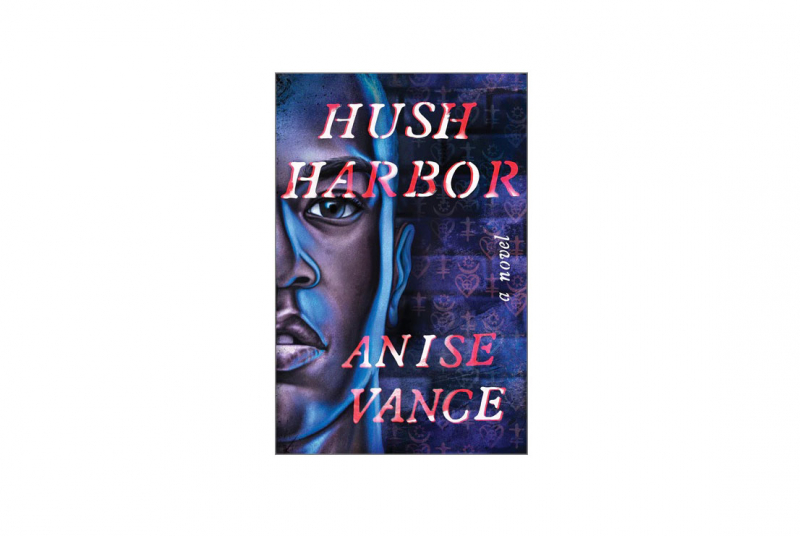
Alumni Books
These books were not included in our print edition:
Former Olympian slalom canoeist Wickliffe W. Walker ’68 chronicles 10 of the world’s most daunting whitewater adventures and the pioneers who first navigated them in Torrents As Yet Unknown: Daring Whitewater Ventures into the World’s Great River Gorges. [Steerforth Press]
In Taking Things Hard: The Trials of F. Scott Fitzgerald, Robert R. Garnett ’69, professor emeritus of English at Gettysburg College, offers an insightful portrait of the renowned writer’s youth, brilliance, and self-destructive struggles. [LSU Press]
Moosilauke! After the Ice, co-edited by Robert W. Averill ’72, presents 19th-century geological survey documents, reminiscences, postcards, photographs, and poems. [Moosilauke Books]
Kelvin H. Chin ’73 explores reincarnation through recollections of his own past lives—memories he writes of now span two dozen lifetimes—in his latest book, After the Afterlife: Memories of My Past Lives. [Aurelian Press]
Drew Remignanti ’75, who bases The Healing Connection: A Partnership for Your Health on his 40-year career as an emergency physician and his 50-year experience with a chronic autoimmune disease, calls for stronger patient-physician relationships. [Something Or Other Publishing]
It’s Time for Strategic Scheduling: How to Design K-12 Schedules That Are Great for Students, Staff, and the Budget, co-authored by former school superintendent Nathan Levenson ’83, offers guidelines to support teaching and heighten student engagement and learning. [ASCD]
In Directions to Myself: A Memoir of Four Years, acclaimed author Heidi Julavits ’90, an associate professor at Columbia University, navigates what she calls the “end times” of her young son’s childhood, candidly probing parental fears, life transitions, and what it means to raise a child in times of moral complexity. Reviews call her writing “elegant without sentimentality” and “darkly funny.” [Hogarth]
Same-Sex Marriages in the European Union: A Guidebook by attorney Emmett Hogan ’01 covers laws in all 27 member states of the EU in. [ebook]
In Midnight Water: A Psychedelic Memoir, Katherine MacLean ’03 details how psychedelics can help people (including herself) recover from grief. MacLean conducted neuroscience research at Johns Hopkins on the use of psilocybin combined with meditation to treat depression and PTSD. [Green Writers Press]
Tom Dugdale ’03, a professor of theatre at The Ohio State University, aims Directing Your Heart Out: Essays for Authenticity, Engagement, and Care in Theatre at students and other newcomers to the field of directing. [Methuen Drama/Bloomsbury]
In The Goblin Twins, a children’s book by Frances Cha ’07 inspired by Korean mythology, two 601-year-old goblins—sweet Doki and trickster Kebi—wind up in New York City just in time for Halloween. [Crown Books for Young Readers]
Protestors rise up and take control of an abandoned housing project after police murder an unarmed Black teen in New Jersey in Hush Harbor, a novel by Anise Vance ’11. The leaders of the resistance group struggle over ideological differences and confront questions on what they are willing to sacrifice in the name of justice. [Hanover Square Press]
In The Birthparents, a novel by Frank Santo ’11, a young foster care caseworker helps a troubled mother —whose ex-husband is a serial abuser and possibly a killer—reunite with her children. [Tortoise Books]
Megan Kamalei Kakimoto ’15 melds humor and the surreal in Every Drop Is a Man’s Nightmare, her debut collection of short stories about contemporary Hawaiian identity, mythology, superstitions, and womanhood. [Bloomsbury Publishing]
Kylie Flanagan ’15 offers essays based on interviews with 39 activists on the front lines of the fight for climate justice in Climate Resilience: How We Keep Each Other Safe, Care for Our Communities, and Fight Back Against Climate Change. [North Atlantic Books]
In Vermont for the Vermonters: The History of Eugenics in the Green Mountain State, Mercedes de Guardiola ’17 uncovers the state’s history of public programs of sterilization and forced institutionalization of the disabled and poor. The book grew out of her senior-year thesis, which received the Jones History Prize. [Vermont Historical Society]










